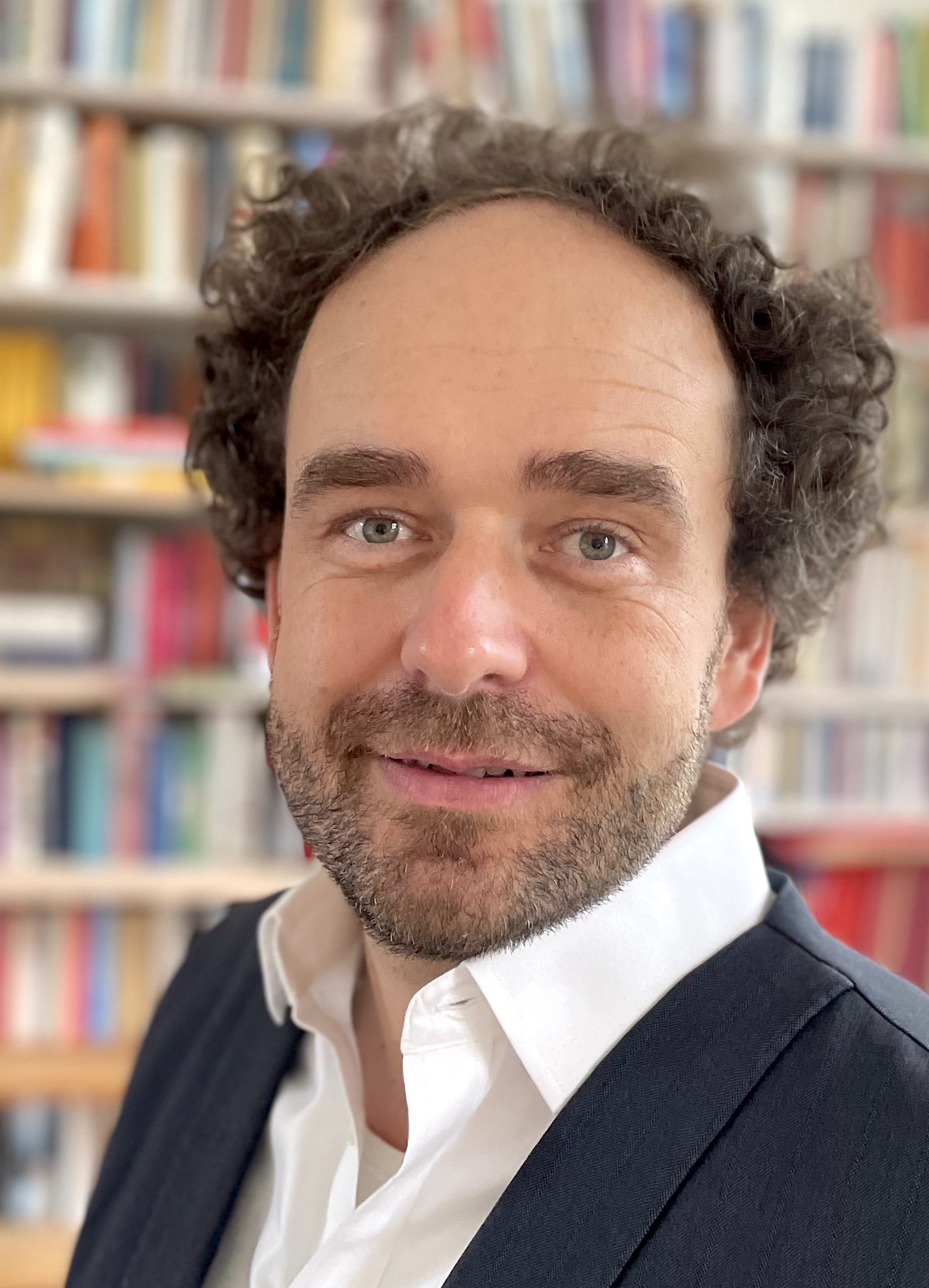Mind the <gap/>s! Digital editing in a world in crisis
Authors: Till Grallert
Date: Friday, 8 September 2023, 2:15pm to 3:45pm
Location: Main Campus, Audimax

Digital editing is a well-established craft with a decades-long history, widely-agreed upon sets of techniques and tools, with technical infrastructures, governing bodies, and striving communities of practice such as the TEI and MEI. At the core of the computational turn in the humanities, they provide access to the cultural record at an unprecedented scale. Yet, digital editing is entangled in cultural practices and much older politics of archives and preservation, of what constitutes cultural heritage and, ultimately, the politics of representation: “Who is encoding cultures?” and “whose encoding cultures?”. Digital editing and its affordances depend on socio-technical infrastructures that are deeply rooted in capitalism and histories of exploitation of both human and natural resources. Such infrastructures of networked computational mediation range from standards of character encoding, to protocols of data exchange, legal regimes, and corporate ownership over vast swaths of the public sphere, thus reinforcing planetary power relations and reifying the cultural hegemony of the Global North and, more specifically, its American and anglophone constituents. Access to the digital means of production or rather the means of digital production is severely restricted for the societies and communities of the Global South. Even more, these societies and communities bear a disproportionate share of the high environmental and social costs and are often the first to suffer catastrophic consequences.
The keynote will explore these multi-layered digital divides embodied in the infrastructural underpinnings of modern scholarship against the backdrop of my work on early Arabic periodicals between the mid-nineteenth century and the end of World War I. Instead of a theoretical essay, I will offer a practical critique of the epistemic violence exercised by digitisation efforts through an account of two research projects, Jarāʾid and Open Arabic Periodical Editions rooted in minimal computing and pirate care and focus on the always concrete affordances of the digital. Arabic—one of only six official languages of the United Nations with more than 420 million active speakers and the liturgic language of almost two billion Muslims as well as the world’s second most important script after Latin—is a (scandalous) prime example for under-resourced languages and systems of knowledge production. The textual record of Arabic periodicals from South-West Asia and North Africa as well as the global diasporas thus forces us to acknowledge and address the (not just linguistic) imperialism of global networked knowledge production.
Contribution Type
Keywords